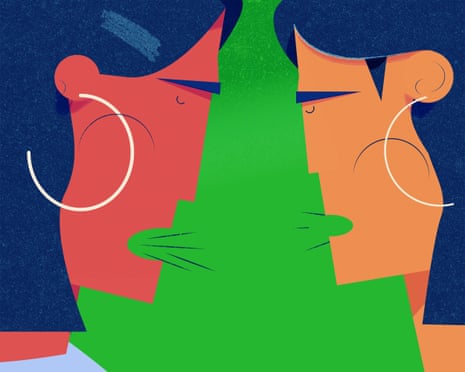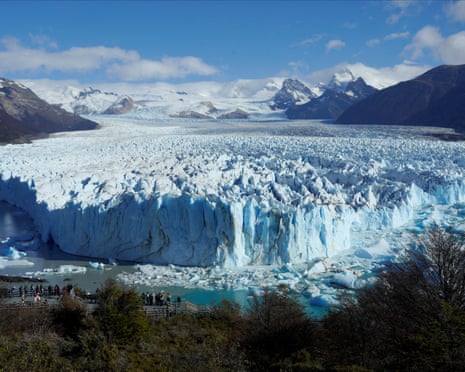News
Trump presidency
Special report
In focus
Features
More features
Opinion
More opinion
Sports
More sports
More news
More climate crisis & environment
More US news
More world news
Tip us off
Share stories with the Guardian securely and confidentially








































































































